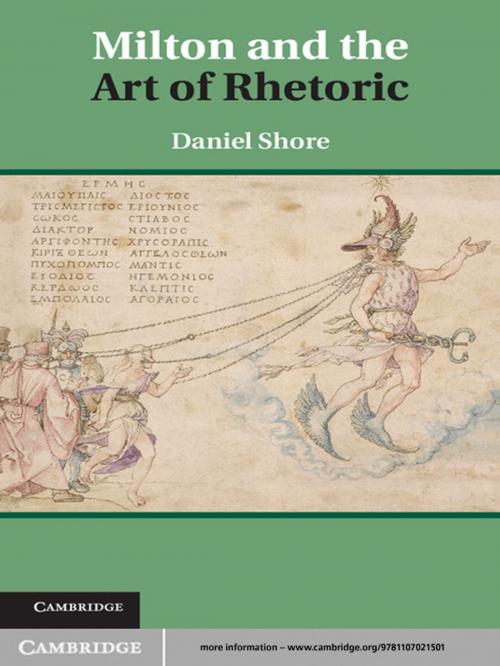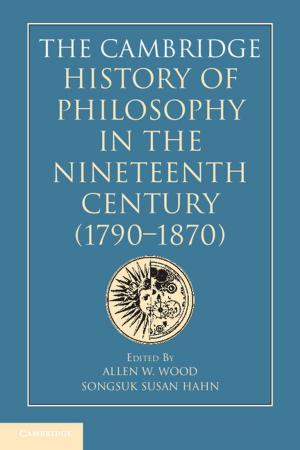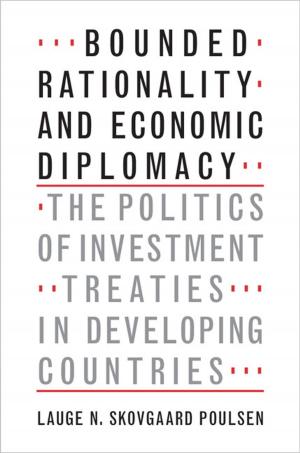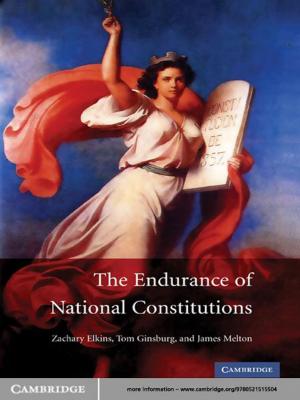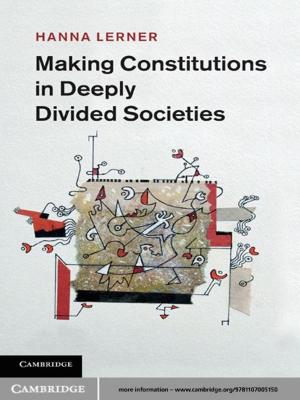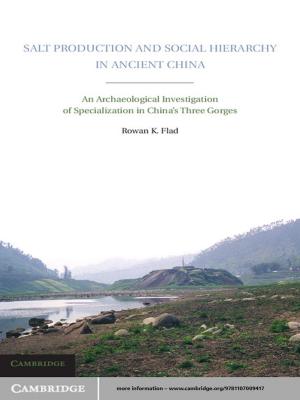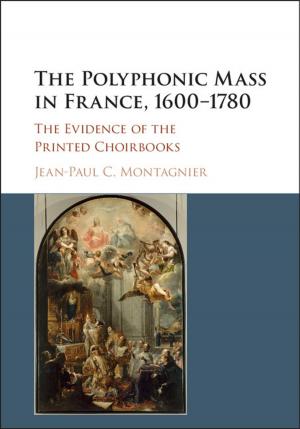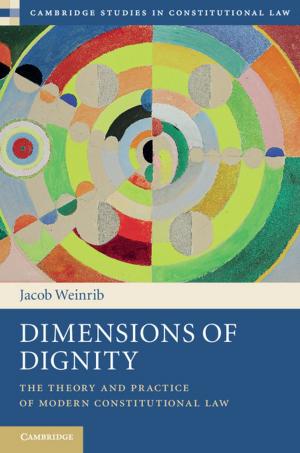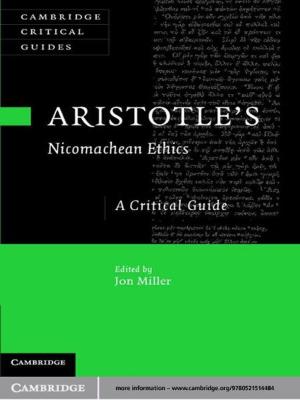Milton and the Art of Rhetoric
Fiction & Literature, Literary Theory & Criticism, Poetry History & Criticism, British| Author: | Daniel Shore | ISBN: | 9781139508285 |
| Publisher: | Cambridge University Press | Publication: | July 30, 2012 |
| Imprint: | Cambridge University Press | Language: | English |
| Author: | Daniel Shore |
| ISBN: | 9781139508285 |
| Publisher: | Cambridge University Press |
| Publication: | July 30, 2012 |
| Imprint: | Cambridge University Press |
| Language: | English |
Challenging the conventional view of John Milton as an iconoclast who spoke only to a 'fit audience though few', Daniel Shore argues that Milton was a far more pragmatic writer than previous scholarship has recognized. Summoning evidence from nearly all of his works - poetry and prose alike - Shore asserts that Milton distanced himself from the prescriptions of classical rhetoric to develop new means of persuasion suited to an age distrustful of traditional eloquence. Shore demonstrates that Milton's renunciation of agency, audience, purpose and effect in the prose tracts leads not to quietism or withdrawal, but rather to a reasserted investment in public debate. Shore reveals a writer who is committed to persuasion and yet profoundly critical of his own persuasive strategies. An innovative contribution to the field, this text will appeal to scholars of Milton, seventeenth-century literature, Renaissance literature and the history and theory of rhetoric.
Challenging the conventional view of John Milton as an iconoclast who spoke only to a 'fit audience though few', Daniel Shore argues that Milton was a far more pragmatic writer than previous scholarship has recognized. Summoning evidence from nearly all of his works - poetry and prose alike - Shore asserts that Milton distanced himself from the prescriptions of classical rhetoric to develop new means of persuasion suited to an age distrustful of traditional eloquence. Shore demonstrates that Milton's renunciation of agency, audience, purpose and effect in the prose tracts leads not to quietism or withdrawal, but rather to a reasserted investment in public debate. Shore reveals a writer who is committed to persuasion and yet profoundly critical of his own persuasive strategies. An innovative contribution to the field, this text will appeal to scholars of Milton, seventeenth-century literature, Renaissance literature and the history and theory of rhetoric.
